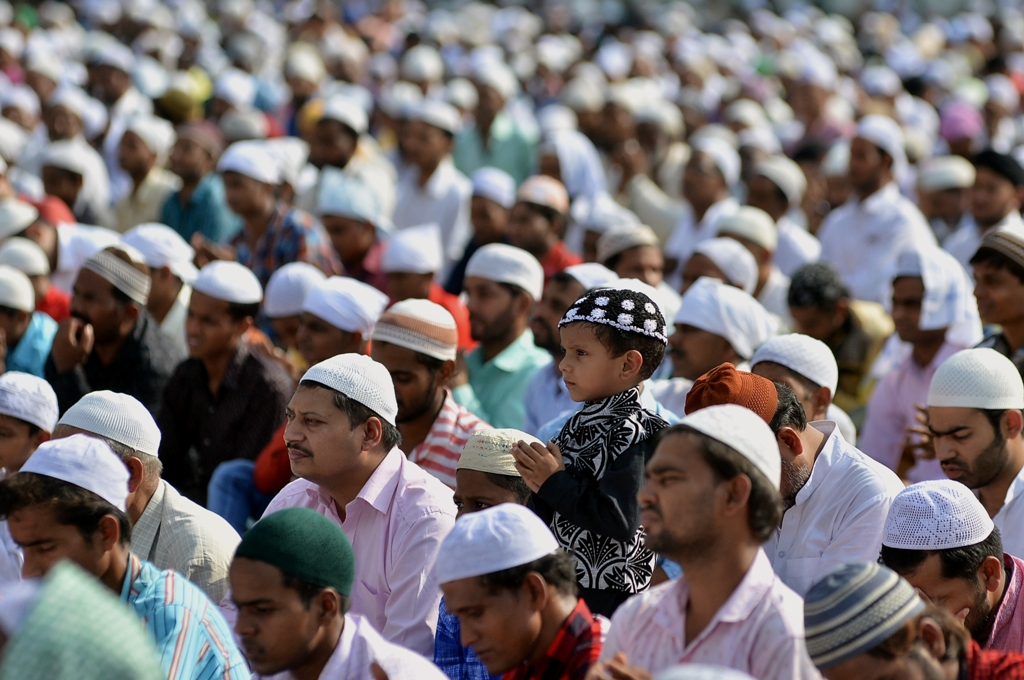Jamaat-E-Islami Hind expresses serious concern over deepening economic crisis in country amid COVID-19 pandemic

TCN News
Jamaat-e-Islami Hind (JIH) has expressed serious concern over the deepening economic crisis in the country following Covid-19 pandemic. JIH stated this in its resolution passed this week.
At Jamaat’s Markazi Majlis-e-Shoora (Central Advisory Council) virtual conference that was held this week, JIH vice-president Engineer Mohammad Saleem discussed that the sudden lockdown, “without giving any time to people for its preparation, not only rendered crores of people losing their jobs” but also resulted in “unprecedented reverse migration from cities to villages, deprivation of food that resulted in deaths of thousands of people across the country.” He stated that such large scale “mismanagement” by the government not only resulted in GDP of the country sinking too low but also the virus spreading to rural areas as the lockdown compelled lakhs of people belonging to the labour class migrate from cities to their villages.
“Instead of slogans, the government should initiate concrete action by taking people of all hues and colour, without discrimination into confidence to revive the economy,” he appealed. Continuing with the details of rising joblessness in the country, Salim said that the prevailing gravity of the situation demands that the Government, instead of covering its failures with various designs should concentrate on making the situation of the country better. He has also pointed in the Shoora conference that the Union and State governments must join hands “to fight corruption and anti-people economic policies that have greatly affected the country’s economic and health care system in countering the pandemic and its devastating effects.” As remedial steps, he advised the government to take sincere steps “to purge the country of corruption, review the economic policies, check privatization of national resources, keep health and education sectors away from commercialization and allocate adequate funds for public welfare and employment.”
“If the country is standing at the threshold of economic crisis, on one hand, it is badly in the grip of political turmoil on the other,” resonated Salim. He then discussed the incarceration of anti-CAA protestors, coming down heavily on the BJP party’s policies, iterating that “suppression of freedom of expression and freedom to dissent were posing a serious threat to democratic institutions in the country.” He questioned the treatment of minorities, targeting activists and hounding senior lawyers of the Supreme Court for exercising their freedom of expression. It also urged the Central government “to protect the democratic environment in the country by allowing the right to dissent which is a basic tenet of every democracy.”
JIH virtual conference also detailed the weaknesses of the New Education Policy, appealing the Muslims “to plan for their educational and economic advancement with new ideas and thought and make good use of the possibilities present in the NEP.”
Another significant issue covered in the meeting was the media trial of the Tablighi Jamaat controversy where JIH dignitaries criticized the role of a section media in “poisoning the social atmosphere in the country through its baseless news stories, articles and broadcasts.” It said that hateful messages in media and social media and “more importantly the silence of the government and sometimes, its patronisation, have generated an atmosphere of hate among the members of the majority community against the minorities, particularly Muslims.” Drawing further attention to the anti-Muslim sentiments around the world, JIH meeting stated that hate and misleading propaganda of the fascist elements in the country against Muslims was nothing new, noting that the situation has become “more serious with the current trend of communalism and fascism.”
JIH outlined that Indian Muslims “must fight this dangerous virus of hate and fascism by providing service to humanity and promoting Islamic values and ethics which was practically presented by the Muslims during the COVID pandemic all across the country.” He highlighted that during the pandemic, Muslim NGOs and organizations, including Jamaat e Islami and several others all over the country helped the needy and grief-stricken people, irrespective of their religion and faith. He advised Muslims to continue their struggle onto the path of service and with patience and fortitude, enthusiasm and steadfastness, keeping in view all necessary requirements of the laws of the country.
